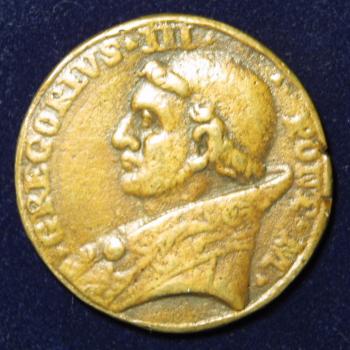Now, I sin pretty regularly. I don’t particularly like that about myself, and not for wholly virtuous reasons, because part of why I dislike that is because I simply hate to fail at something. Nevertheless, sin I do. I’m going to bet dollars to doughnuts that I am not the only one who doesn’t consistently do the right thing at the right time in the right way with the right person. So how can sin function as more than an ugly box we hide in closets, and be transformed into an opportunity to receive grace?
First we ought to deal with sin as the great saints have always encouraged us to: by running away from it and asking God to deal with it instead. However, since generally this is not the absolutely most comforting advice, let’s look at what we ought to do once we do the prayer/adoration/run like Hell is chasing us thing. Specifically, let’s look to those virtues, the theological virtues that direct man towards supernatural happiness (STI-II.62.3 c), to which we must have recourse to when dealing with the practical experience of trying not to sin. When we sin, we have to remember that as Catholics, God has given us, in this life, the Holy Spirit to infuse into our souls “faith, hope, and love” to bear us from sin to union with God in His Trinity.
Now, we can’t do anything to acquire the theological virtues; they are what bring about Divine Life in us, and, as Romano Cessario, O.P. notes in the second edition of The Moral Virtues and Theological Ethics, “only the power of the Holy Spirit can create capacities proportionate to attaining supernatural beatitude,” under Whose power he includes both the theological virtues along with the infused moral virtues. Yet, though I might not be able to do much if my car dies, it can help me participate in the fixing of it if I can tell the mechanic it was the tire, not the battery that blew up. This is similar to the moral life, where by recognizing what kind of sin I am dealing with and what theological virtue can support me against that sin I am better able to ask the Holy Spirit for the Grace I need to become a saint.
Recalling O’Connor’s division of sin, she suggest we look at three types: habitual sin- sin that we have because of established patterns, petty sin- sin that we have when we aren’t doing anything “that bad” anyways, and another kind of sin that can bring one closer to God—which I term “How the (Literal) Hell Did I Get Here” sin.












